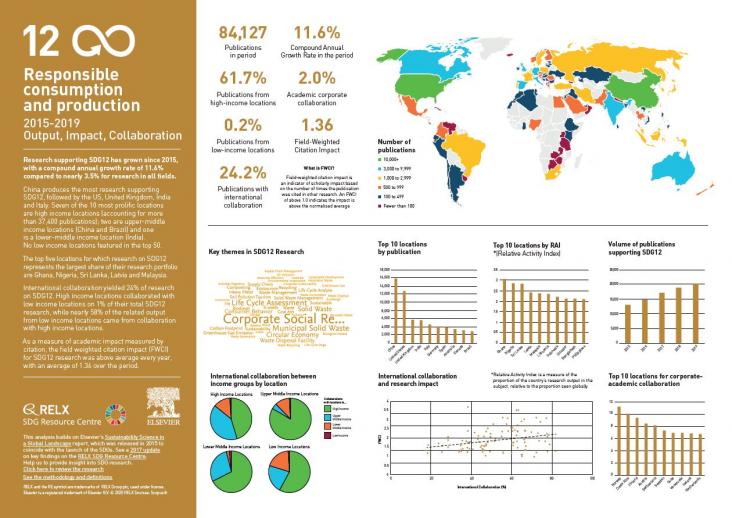The dichotomous divide between vegetarians and omnivores seems clear: Omnivores eat meat, whereas vegetarians do not.
Entomophagy is increasingly seen as a potential solution to provide a sustainable source of protein. However, the attitude of Western consumers towards insect-based products is generally negative.
Food production entails a series of steps and operations that convert raw biomass into final products suitable for human consumption.
Landscape fragmentation and farming can affect the diversity of plants and pollinators harbored by linear landscape elements (LLE) in agroecosystems.
Nudging is seen to complement or replace existing policy tools by altering people's choice architectures towards behaviors that align with government aims, but has fallen short in meeting those target

Each year, the Food and Agriculture Organization of the United Nations (FAO) celebrates World Food Day on October 16th to commemorate is founding in 1945. World Food Day 2020 is calling for global solidarity to help all populations to recover from the crisis, and to make food systems more resilient and robust so they can withstand increasing volatility and climate shocks, deliver affordable and sustainable healthy diets for all, and decent livelihoods for food system workers. In support of this years theme - 'Grow, Nourish, Sustain. Together' - Elsevier presents a curated, open access collection of 40 journal articles and book chapters focussed on increasing food security and sustainability.

By mapping the state of research within each SDG area, this report acknowledges the pivotal role research plays in tackling some of the world’s greatest challenges. It aims to better understand the research community’s global sustainable development efforts and assesses the progress made, as well as unmet research needs.
This chapter aligns with goals 9 and 12 by highlighting a fossil-fuel free method of lubrication for use in hydropower plants.

Over the past five years, we have used data and analytics to help the research and healthcare communities navigate the sea of research and to put collaboration, both interdisciplinary and international, at the heart of scientific progress on the SDGs. View findings for SDG 12.

